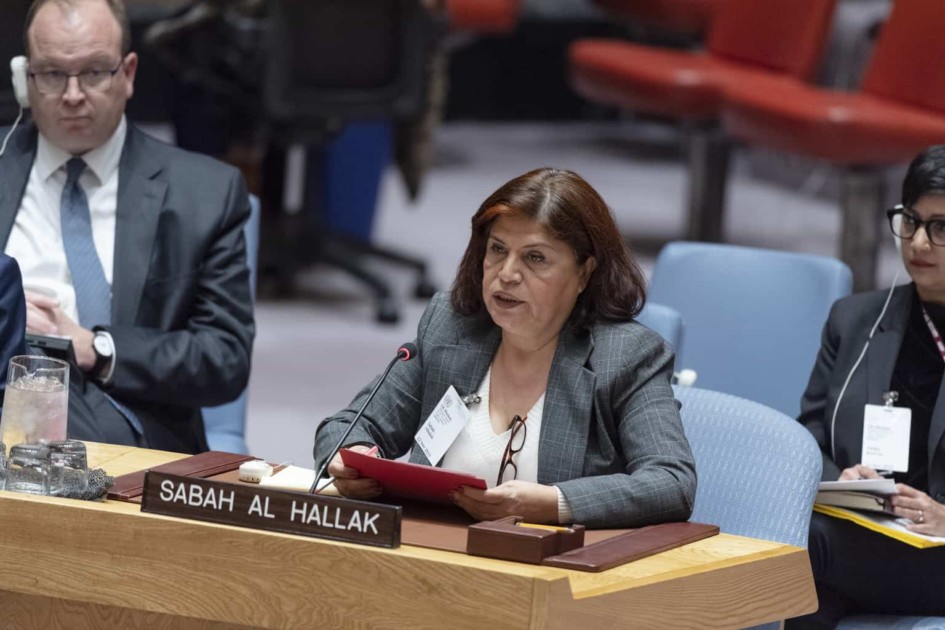Syria & Golan Heights
Syria & Golan Heights
Since 2011, Syria has been on the United Nations Security Council’s agenda, when President Assad’s aggressive actions against pro-democracy protesters during the Arab Spring became more frequent and increasingly violent, leading to civil war and terrorist violence within the country.
Insecurity is the primary concern for women, yet in spite of their limited operating environment, women activists have organized nonviolent protests, distributed and monitored humanitarian aid, documented human rights violations, created safe spaces for women and children, and worked at the local level to set up ceasefires, prisoner releases, and elections.
Based on the work of NGOWG members and their partners, the NGOWG advocates for ensuring women’s needs— such as secure access to sanitation facilities and hygiene, and health assistance— are adequately addressed, and that Syrian women are equally and meaningfully participating in the UN-facilitated political process and in the design and implementation of ceasefire monitoring mechanisms.
Golan Heights
Golan Heights, a disputed plateau in south-western Syria, is home to an equal number of Syrians and Jewish settlers, and since 1973, United Nations Disengagement Observer Force (UNDOF) peacekeepers have observed a contested territorial line between Israel and Golan Heights.
In the current Syrian conflict, Golan Heights has become a key strategic geopolitical position, causing an escalation in violence and increased violations of the ceasefire territorial agreements. Recent advances and attacks by the Islamic State of Iraq and the Levant (ISIL) have concerned residents of Golan Heights— particularly given ISIL’s systematic denial of women’s rights and perpetuation of violations against women.
Based on the work of NGOWG members and their partners, the NGOWG advocates for addressing the increasing gender imbalance in UNDOF by deploying a higher percentage of women, and inclusion of gender-specific language in the UNDOF mandate.
Current and Past Recommendations to the UN Security Council (Monthly Action Points)
In its continuing consideration of the situation in Syria, the Security Council should call on the Syrian government to halt indiscriminate attacks on cities and the use of antipersonnel land mines, and should demand access for humanitarian workers, human rights monitors, and journalists. Syrian forces have placed land mines near the borders with Lebanon and Turkey in recent weeks and months, reportedly resulting in civilian casualties. Armed opposition elements have carried out serious human rights abuses, including kidnapping, detention, and torture of security force members, government supporters, and people identified as members of pro-government militias. The Syrian military is applying the same methods of force seen in Homs against the citizens of al-Qusayr, including bombardment of residential areas by artillery and other heavy weapons. Contributing to the rising death toll is food, water, and medical assistance scarcity. Various security forces are routinely torturing and ill-treating detainees held in the context of the protests and unrest, apparently as part of a widespread and systematic attack against the civilian population by the Syrian government. The Security Council should impose an arms embargo on Syria; impose targeted sanctions against Syrian leaders implicated in human rights violations, following a fair and transparent process; and refer the situation in Syria to the International Criminal Court. In the immediate term, the Security Council should include a human-rights monitoring component in any mission it authorizes to supervise the implementation of Joint Special Envoy Kofi Annan’s “Six-Point Plan” in Syria.
Relevant Resources










